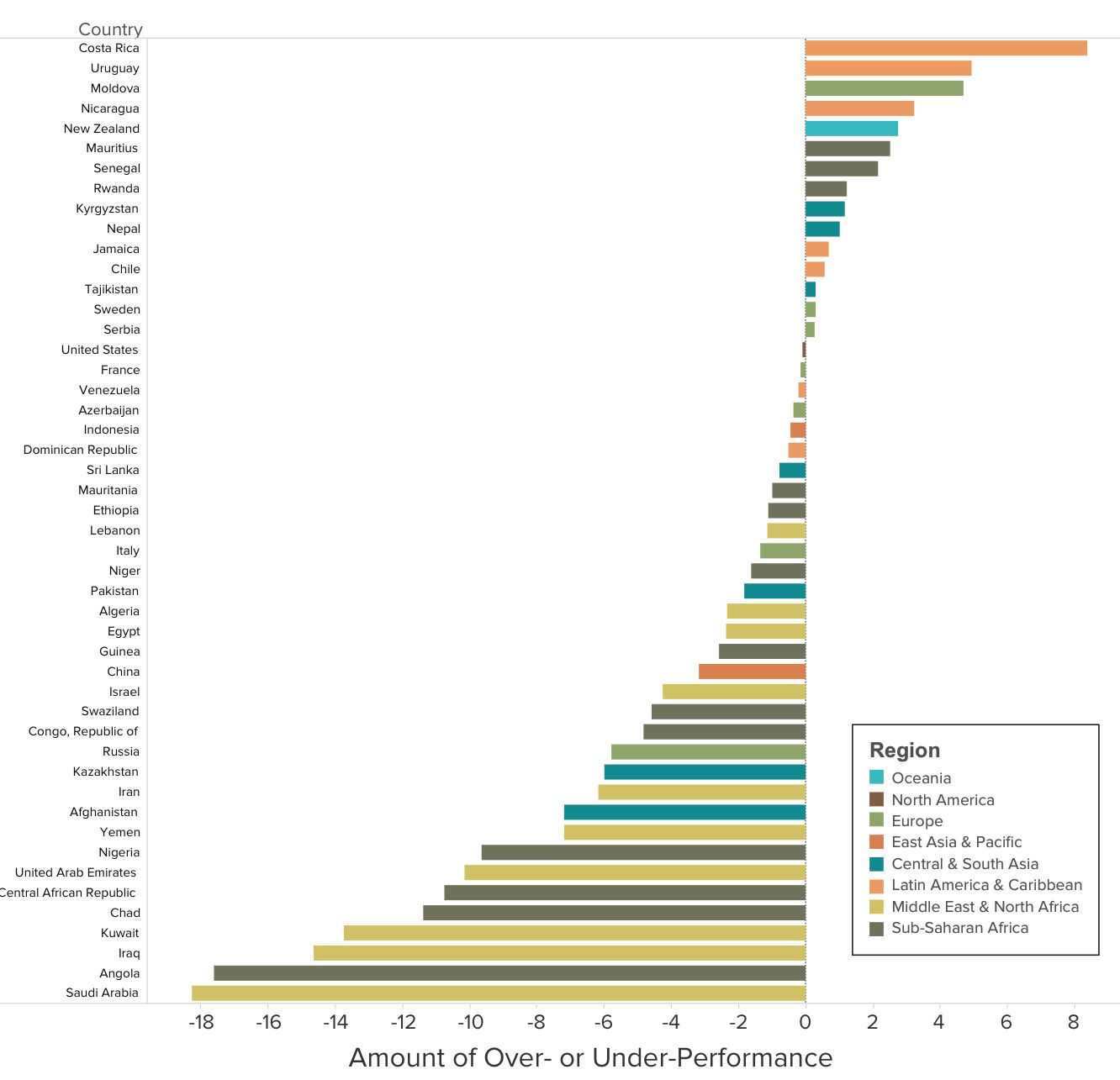Analytics, Baltic States – CIS, EU – Baltic States, Rating, Society
International Internet Magazine. Baltic States news & analytics
Thursday, 18.12.2025, 01:56
Estonia falls in world social progress ranking 2015, but ahead of Latvia and Lithuania
 Print version
Print version
This year it assesses 133 countries, last year there were 132.
The Social Progress Index shows the welfare of the people and takes into account people's basic needs (food and first aid, water and sanitation, shelter and personal security), the welfare foundations (access to information and communications, access to basic knowledge, health and wellness, environmental sustainability) and possibilities (human rights, personal freedom and freedom of choice, tolerance and inclusion, access to education).
In 2014, New Zealand was on the first place, followed by Switzerland, Iceland, the Netherlands, Norway, Sweden, Canada, Finland, Denmark and Australia.
This year, the top ten looks like this: Norway, Sweden, Switzerland, Iceland, New Zealand, Canada, Denmark, Finland, the Netherlands and Australia.
Latvia's ranking is this year 33rd and Lithuania's 35th.

Only 15 countries of the 133 measured by the Social Progress Index are overperformers, that is, scoring significantly better than countries with similar incomes. Five of the over-performing countries are in the Latin America and Caribbean region (Costa Rica, Uruguay, Nicaragua, Jamaica, and Chile). The region’s consistent efforts to build democratic institutions over the last three decades as well as strong civic movements championing social and environmental causes has enabled many Latin American countries to perform particularly well relative to their global income peers.
Three of the 15 overperformers (Mauritius, Senegal, and Rwanda) are in the Sub-Saharan region of Africa. It is notable that although Rwanda’s absolute social progress is still low (106th), its performance relative to its low-income peers is very strong. Rwanda illustrates that countries must invest in social progress, not just economic institutions, to create the proper foundation for economic growth. Rwanda has prioritized investments in social progress, such as gender equity, a 61% reduction in child mortality in a decade and achieving a 95% primary school enrollment, as integral to its economic development strategy. Rwanda’s positive economic performance would not have been possible without improvement in these and other dimensions of social progress. Similarly, Nepal, in South Asia, has a low absolute performance (98th), but it performs strongly versus similar lower income peers.
Three of the 15 overperformers (Moldova, Kyrgyzstan, and Tajikistan) are former republics of the Soviet Union. Their strong relative social progress performance is best understood as a combination of two factors: weak economic performance and legacy strengths on some key aspects of social progress. These former Soviet Republics are all countries that have struggled economically since the break-up of the Soviet Union, due to the challenges of radically transforming their economic systems. For example, Moldova is the poorest country in Europe ($4,521 GDP per capita). But compared to economic peers, such as Pakistan, Yemen, and Ghana, it registers a favorable social progress score. Rather than truly over-performing on social progress, we believe Moldova is probably under-performing on GDP per capita. Former Soviet Republics also benefit from a legacy of prior investments in basic and advanced education and basic health services. Serbia, another former communist country though outside the Soviet Union, also overperforms.
Finally, New Zealand and Sweden achieve strong relative social progress, despite their high GDPs per capita.








 «The Baltic Course» Is Sold and Stays in Business!
«The Baltic Course» Is Sold and Stays in Business!

